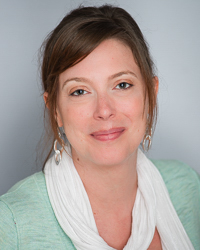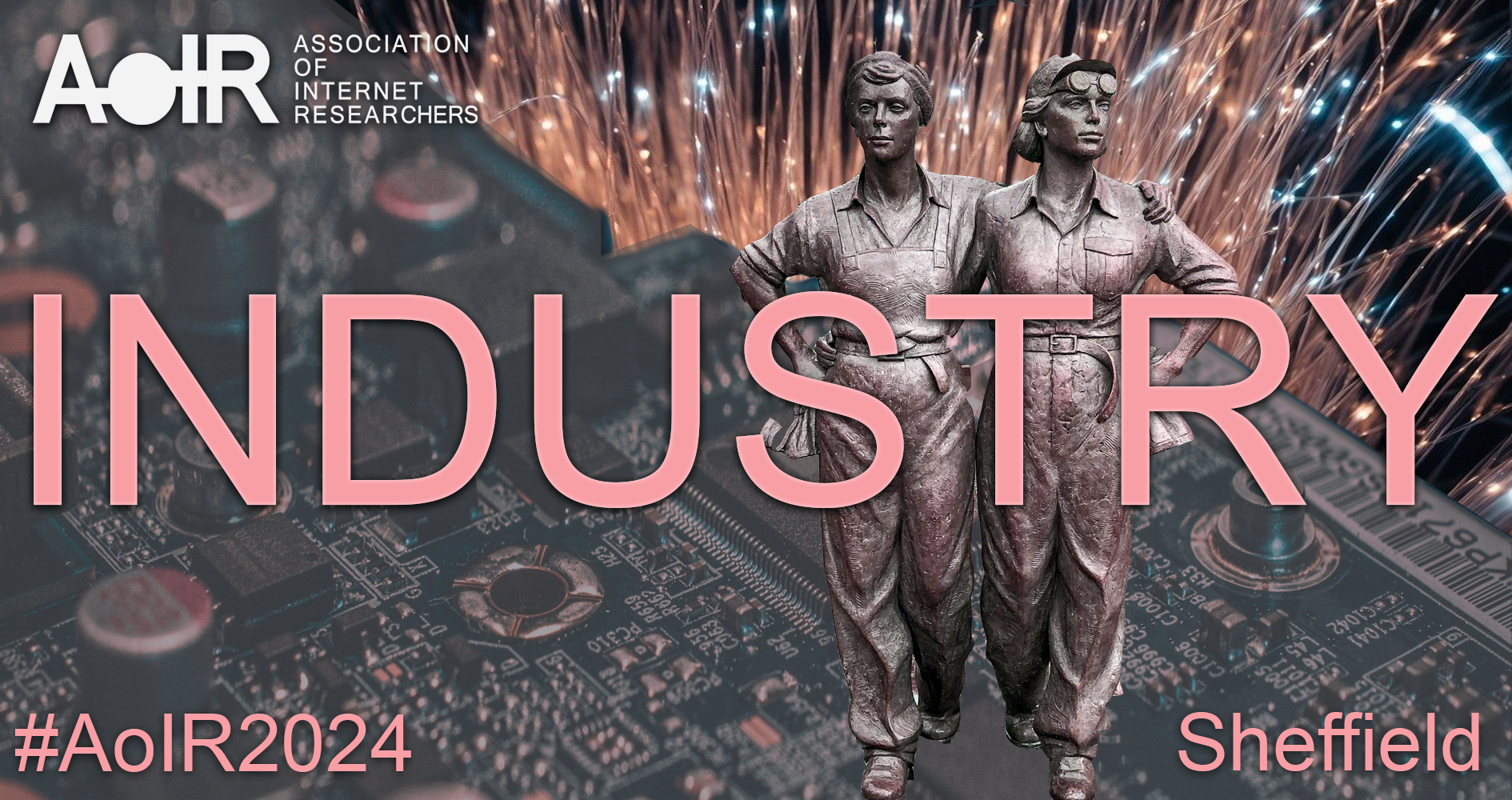We are pleased to present the Keynote Speakers for AoIR’s Flashpoint Symposium.
Dr. Crystal Abidin
Dr Crystal Abidin is a digital anthropologist and ethnographer of vernacular internet cultures. She researches young people’s relationships with internet celebrity, self-curation, and vulnerability. Her books include Internet Celebrity: Understanding Fame Online (2018), Microcelebrity Around the Globe: Approaches to Cultures to Cultures of Internet Fame (2019, co-edited with Megan Lindsay Brown), and Instagram: Visual Social Media Cultures (forthcoming, with Tama Leaver and Tim Highfield). Other forthcoming books investigate Influencer cultures, the Blogshop industry, and Bodies in social media spaces. She is listed on Forbes 30 Under 30 Asia (2018) and Pacific Standard 30 Top Thinkers Under 30 (2016). Crystal is Senior Research Fellow/DECRA Fellow in Internet Studies at Curtin University, Affiliate Researcher with the Media Management and Transformation Centre at Jönköping University, and Research Fellow with the Centre for Culture and Technology at Curtin University. Reach her at wishcrys.com.
Public shaming, Vigilante trolling, and Genealogies of Transgression on the Singaporean Internet
Digital spaces have opened new frontiers of connectivity and dialogue between otherwise highly policed users in semi-authoritarian media regimes like Singapore. While alternative journalism news sites, political blogs, and digital estates belonging to opposition political parties have been subject to compulsory licensing schemes in recent years, there still remains a tiny terrain laced with ambiguity on which everyday citizens have been able to partake in antagonistic behaviour and productive transgressions online. Whether engaging in ambivalent expressions of dissidence or public shaming witch-hunts in the name of vigilante activism, and whether out of social consciousness/civic mindedness or contentious humour/subversive play, these internet vernaculars have managed to glide under the radar of state control. Drawing on research from various interconnected projects between 2011 and 2019, this talk provides a vernacular framework for thinking about internet social justice via networked transgressive behaviour. Considering a brief history of milestones in Singaporean internet culture – including crowd-sourced tabloid sites, citizen-journalesque discussion forums, online troll Facebook pages and groups, clickbaity Influencers, and the call-out culture of viral Twitter threads and hot takes – the talk explains the allure of public shaming culture in relation to the state and its citizens, national law, and internet mores. In forecasting ‘What’s Next’ for such under-the-radar studies, the talk will also contemplate on the personal, cultural, and institutional challenges of such research.
Dr. Rebekah Tromble
 Dr. Tromble is an Assistant Professor in the Institute of Political Science at Leiden University. Her research focuses on online political discourse and its effects on political attitudes and behavior, digital research methods and ethics, and computational social science. She is the lead investigator on a multi-university project selected by Twitter to help the platform assess the “health of conversations” on the platform. She is also co-leading “The (Mis)Informed Citizen” project, funded in part by the Alan Turing Institute (ATI), which is developing computational tools to help analyze the quality of online news articles and, in turn, study what types of information people are exposed to online, as well as the impacts on people’s knowledge, attitudes, and political participation.
Dr. Tromble is an Assistant Professor in the Institute of Political Science at Leiden University. Her research focuses on online political discourse and its effects on political attitudes and behavior, digital research methods and ethics, and computational social science. She is the lead investigator on a multi-university project selected by Twitter to help the platform assess the “health of conversations” on the platform. She is also co-leading “The (Mis)Informed Citizen” project, funded in part by the Alan Turing Institute (ATI), which is developing computational tools to help analyze the quality of online news articles and, in turn, study what types of information people are exposed to online, as well as the impacts on people’s knowledge, attitudes, and political participation.
We Don’t Know What We Don’t Know: Navigating Platforms’ Proprietary Black Boxes in Internet Research
Just a few years ago it seemed that the possibilities for internet and social media research were boundless. Various platform APIs offered a treasure trove of data to explore. But in 2018, in the wake of Facebook’s Cambridge Analytica scandal, that all came crashing down. Platforms like Facebook and Twitter began significantly restricting data access, including via the APIs. And suddenly, research was much more difficult if not impossible—to undertake.
Or at least that’s been the common refrain.
In this talk, I will argue that though certain means of data access have indeed changed since 2018, the basic relationship between researchers, the platforms, and platform data remains largely the same. The platforms and their APIs have always been proprietary black boxes, and even when researchers could mine these data spigots seemingly endlessly, we rarely knew what type or quality of data we were actually getting. Rather than viewing 2018 and Cambridge Analytica as a profound disjuncture and loss, I suggest that we need to take a more critical look at how the research community collected and analyzed data when it still seemed so plentiful, and use those reflections to inform our current approaches to working with internet and social media data going forward.


